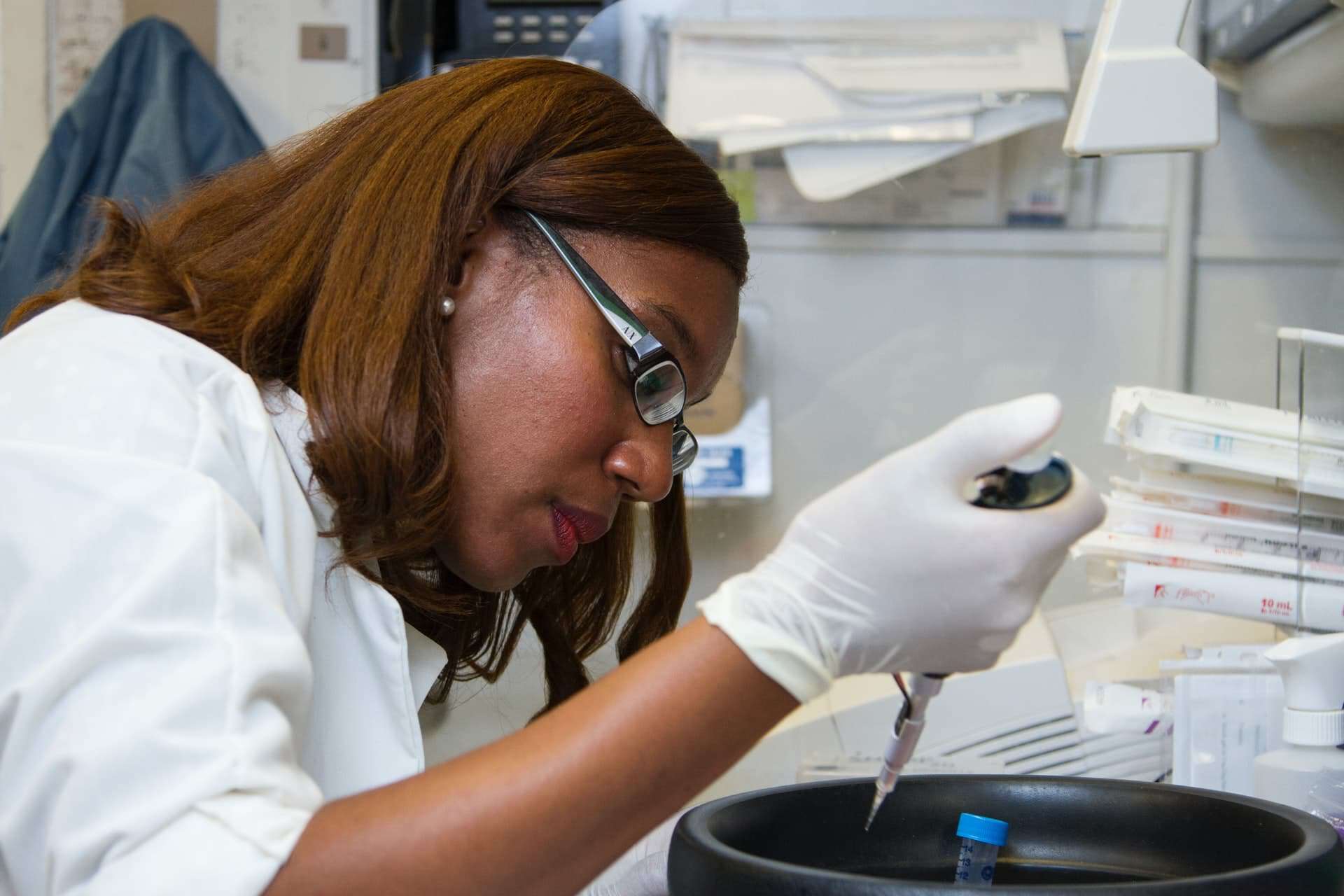Environmental Science Jobs: Your Next Career
Updated: June 19, 2024
Published: April 8, 2021

The number of students earning environmental science degrees is growing. By learning about environmental science, you can obtain a variety of environmental science jobs. The field of environmental science greatly impacts the world and can be both rewarding and challenging. Here, we will uncover everything you need to know about the field of environmental science, entry-level environmental science jobs, and environmental science careers worth pursuing.
What is Environmental Science?
Environment science is an interdisciplinary field that combines knowledge of biology, physical science, ecology, geology, oceanography, chemistry, zoology, plant science, and more to study the environment.
The field came to life during the Enlightenment period and was born from the merger of natural history and medicine. Today, environmental science also incorporates social sciences into the discipline and can even be responsible for affecting public policy surrounding environmental regulations and policies.
Environmental scientists apply analysis and academia to practical settings and processes to better understand energy systems, pollution control, natural resource management, and climate change.
Typical Employers for Environmental Scientists
Graduates of environmental science programs will be able to find a job in different atmospheres. Some of the typical employers for environmental sciences jobs include:
- Local authorities
- Environmental monitoring organizations
- Natural conservation organizations
- Environmental protect agencies
- Charitable trusts
- Private sector
- Schools

Jobs for Environmental Science Graduates
If you’re considering earning a degree in environmental science and are interested knowing more about environmental science careers, here’s a look at some common job titles in the field:
Environmental Specialist
An environmental specialist works on monitoring how the environment affects certain groups of people. They may be asked to provide recommendations to solve environmental issues. Typically, they work in chemical and power plants. Some of their job duties include: performing samples on soil, air, water, or food and implementing programs to minimize the impact of environmental issues.
Environmental Science Teacher
Perhaps you enjoy working with students. If that’s the case, you can blend your love for the subject and teaching to become an environmental science teacher. Environmental science teachers cover topics like biology, chemistry, geology, and ecology, to name a few.
Marine Biologist
There’s an entire world under the sea. Marine biologists get up close and personal to the underwater ecosystem and perform research. Their common job responsibilities may include making observations, collecting data, studying marine animals, and executing experiments.
Wildlife Biologist
Similar in fashion to a marine biologist, a wildlife biologist studies animals in their natural habitats. They observe and conduct experiments to test how an animal’s environment affects the species. They also help to identify new species and categorize existing animals based on their characteristics.
Microbiologist
Environmental scientists don’t always work in the field. A microbiologist spends time within a lab to perform studies on microorganisms. They test how microorganisms survive in different environments, so they may be responsible for learning about viruses, bacteria, fungi, and the like.
Environmental Chemist
Environmental chemists take samples of water, air, and soil and assess their quality. They share their research and findings with others to help prevent environmental threats that can impact species like plants, animals, and societies.
Environmental Geologist
Collecting data and performing analysis are primary duties of an environmental geologist. These professionals study soil, water, and minerals. Sometimes, they are employed to ensure that industrial working areas like mining fields are safe.
Ecologist
There are so many factors that impact the environment and health of ecosystems. Ecologists take their time to assess how humans can impact ecosystems. For this reason, they are commonly hired by governments or agencies or may even work in museums, zoos, or aquariums.
Geographer
Geographers work with the earth and may collect and share data to help other professionals and navigators.
Meteorologist
For those intrigued by weather patterns, meteorologists analyze the atmosphere and predict weather patterns. They rely on technologies to perform their due diligence, including radars and satellites.
Good Skills to Have
Most of the aforementioned jobs will require a degree in environmental science to obtain. Furthermore, there are certain skills that bode well for those seeking a career in this field.
Some skills that are worthwhile to highlight on your resume to land an environmental science job are:
- Research skills
- Organization
- Lab reporting
- Attention to detail
- Critical thinking
- Research paper writing
- Communication skills
- Time management
- Ability to collaborate
- Problem-solving abilities
- Environmental sampling capabilities
- Deductive reasoning

Final Thoughts
Environmental science careers are broad because the need for this expertise spans many different disciplines and employers. If you’re naturally drawn to animals, environmental conditions, weather patterns, chemistry, geology, or the like, then the environmental sciences will offer a rewarding career. Your salary expectations will depend on the position you choose and where you want to work, but overall, those who are passionate in the field will be able to thrive and grow, all while making a positive difference.
